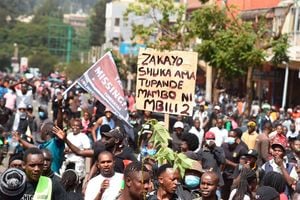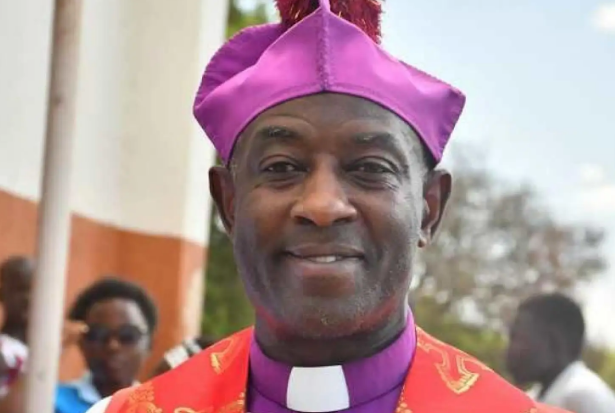
Ms Binaifer Nowrojee. Photo/Courtesy
Six months ago, Prime Minister Sheikh Hasina’s grip on power in Bangladesh appeared unbreakable. The ruling Awami League had just won a fourth successive term in an uncontested election, allowing it to remain in full control of the country’s institutions.
But suddenly, last month, student-led protests erupted across the country, fuelled by outrage over a quota system that allocates government jobs to the ruling party’s allies. The state’s response – a violent crackdown that claimed more than 400 lives – revealed the brittleness of Hasina’s 15-year rule. In scenes reminiscent of the Sri Lankan “Aragalaya” mass protests that ended the rule of the Rajapaksa family in 2022, young Bangladeshis forced Hasina to resign and flee into exile.
Bangladesh is the latest in a series of youth-driven uprisings that have shaken countries in Asia and Africa this year. In February, young Pakistanis delivered a shock result when, defying the military, they voted en masse for the imprisoned former prime minister Imran Khan.
The following month, young Senegalese voters reclaimed their democracy in an election that was nearly stolen from them. Bassirou Diomaye Faye, a little-known tax inspector, was catapulted from prison to the presidency in the space of just a few weeks.
Then, in June, the tremors reached Kenya, where protesters, proudly identifying themselves as “Gen Z,” took to the streets to express their outrage against President William Ruto’s plan to introduce new taxes on essential items. As in Bangladesh, the authorities responded with lethal violence, killing dozens and injuring hundreds. Ultimately, though, Ruto was forced to withdraw the bill. Now attention has turned to Nigeria, which has been jolted by protests over the rising cost of living.
A new generation is asserting itself in parts of Asia and Africa. Young people are spontaneously forming protest movements and forging rare coalitions. This is the first generation that has not known life before the internet, and they are using social media not just to announce and live-stream street protests, but also to organise and debate. These movements also are unsettling conventional views of politics, transcending traditional ethnic and political divides, and often shunning traditional political parties and civil society organisations.
Of course, it would be a mistake to overstate this “youthquake” or to generalise across two vast continents. Gen-Z protesters are not monolithic, nor are they all idealistic in their ambitions. Like any other age cohort, the young are politically divided. In Bangladesh, for example, the ruling party’s thuggish youth wing, the Chhatra League, was partly responsible for the violence.
While Senegal had a relatively smooth transition, owing to the resilience of its institutions, Bangladesh is on a more uncertain path, with the threat of violence and civil disorder still hanging over the country.
Nonetheless, there are striking similarities. In each case mentioned above, people between the ages of 15 and 34 constitute at least one-third of the total population. And many of these countries are weighed down by heavy debt burdens.
The protests were sparked in many cases by the announcement of new measures that would have inflicted more economic pain on young people – whether it was regressive taxes in Kenya, the unfair allocation of jobs in Bangladesh, or the rising cost of living in Nigeria. But these moves merely set aflame a tinderbox of grievances that had accumulated over decades.
Young people are despairing not just the lack of economic prospects, but also their rulers’ greed, the state’s brutality, and a general unresponsiveness to their needs. There is an impatience with the status quo. They want to sweep away old, outdated orders and reimagine their political systems.
-- Project Syndicate
Binaifer Nowrojee is president of the Open Society Foundations








